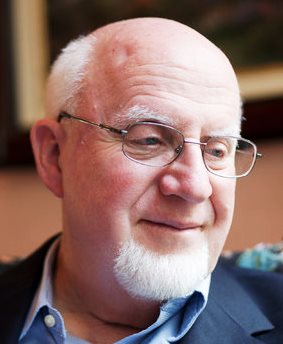
In London, a historical marker identifies the longtime residence of Benedict Arnold, a name we Americans associate with perfidy and betrayal. But the U.K. takes a different look at the same circunstances and reaches its own conclusion. There, the historic marker reminds us, Benedict Arnold is remembered as a “British patriot.” What we see has much to do with where we stand–people standing anywhere around the globe point away from the earth and perceive it as “up.”
This weekend in the USA, on a holiday associated with picnics, fireworks and parades, we celebrate Independance Day and thank God for our freedoms. We are a people known for a generous spirit and a compassionate heart. Are we a Christian nation? It depends on the definition. Like George Washington, many of our founding fathers were devout Christians. Like Thomas Jefferson, others were deists who denied the biblical miracles and the deity of Christ. Twenty percent of our population in 1776 were enslaved as human non-persons. A smaller percentage of Americans regularly attended church in 1776 than do so today. These are facts and ought not be ignored. But whether good or bad, they should be viewed in the context of their own times and relative to the rest of the world as well.
As do all other countries, America exists by divine sovereignty and survives by divine providence. The Most High is ruler over the realm of mankind, and he sets over it whomever he wishes (Dan. 5:21). God who made the world made every nation of mankind to live on all the face of the earth, having determined their appointed times and the boundaries of their habitation (Acts 17:24-27). Gods kingdom is not of this world (John 18:36). As Christians, our citizenship is in heaven (Phil. 3:20). We await a kingdom that cannot be shaken one that will last forever (Heb. 12:26-28). Christians everywhere should remember that this world is not our home and that we are only pilgrims passing through.